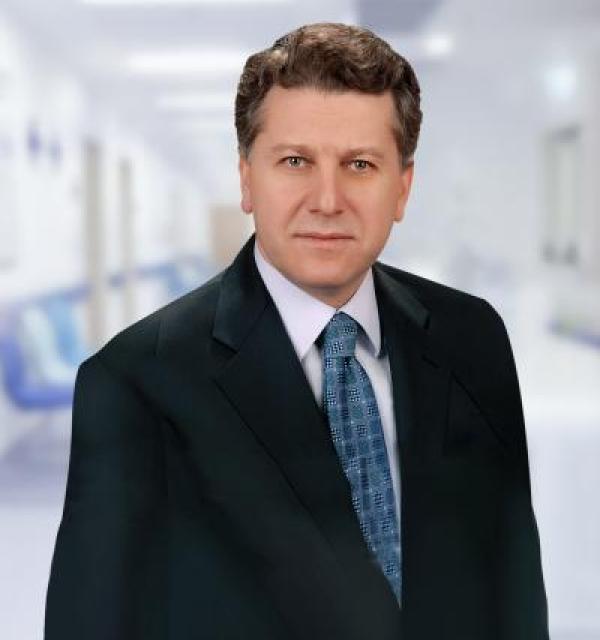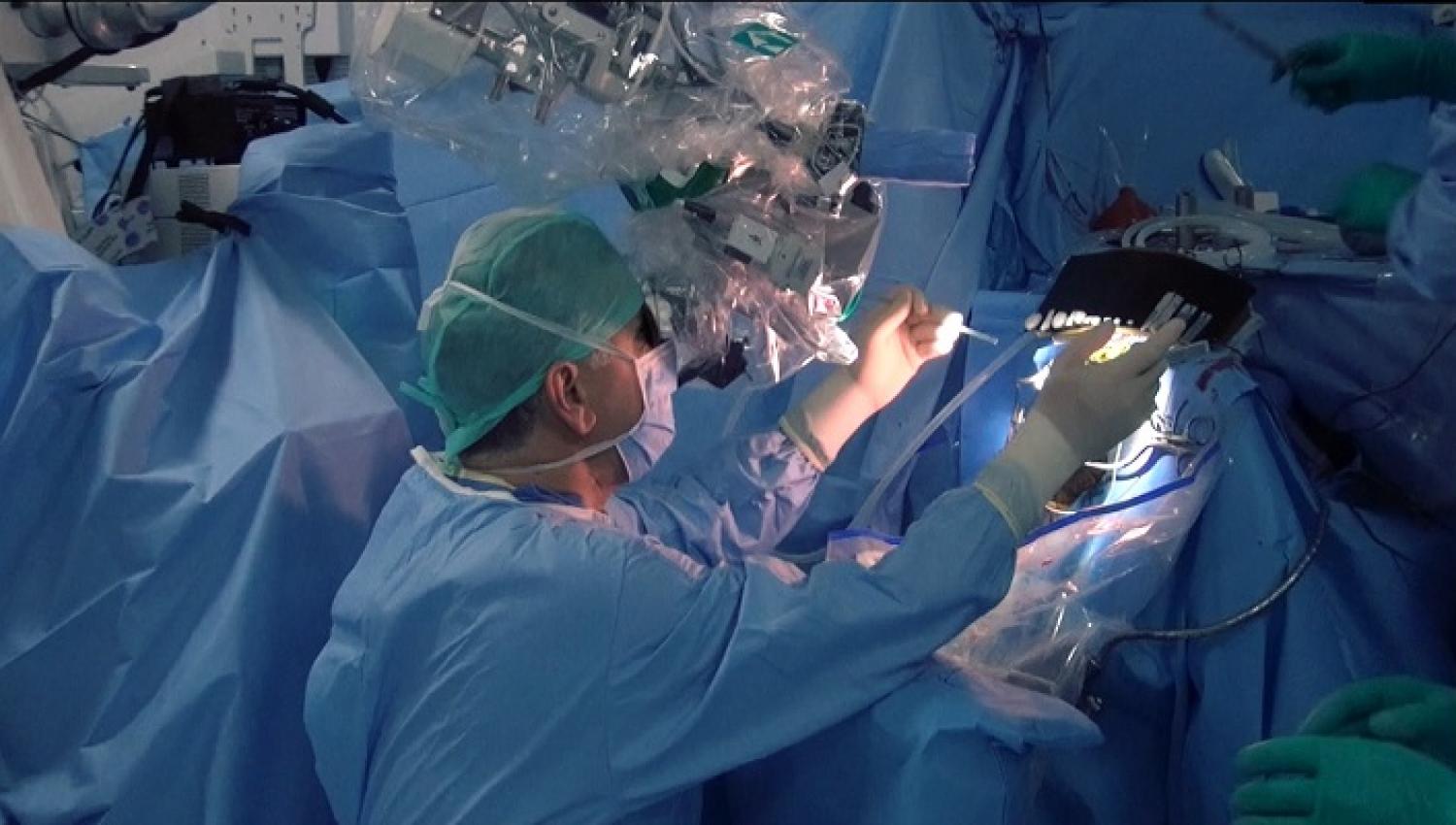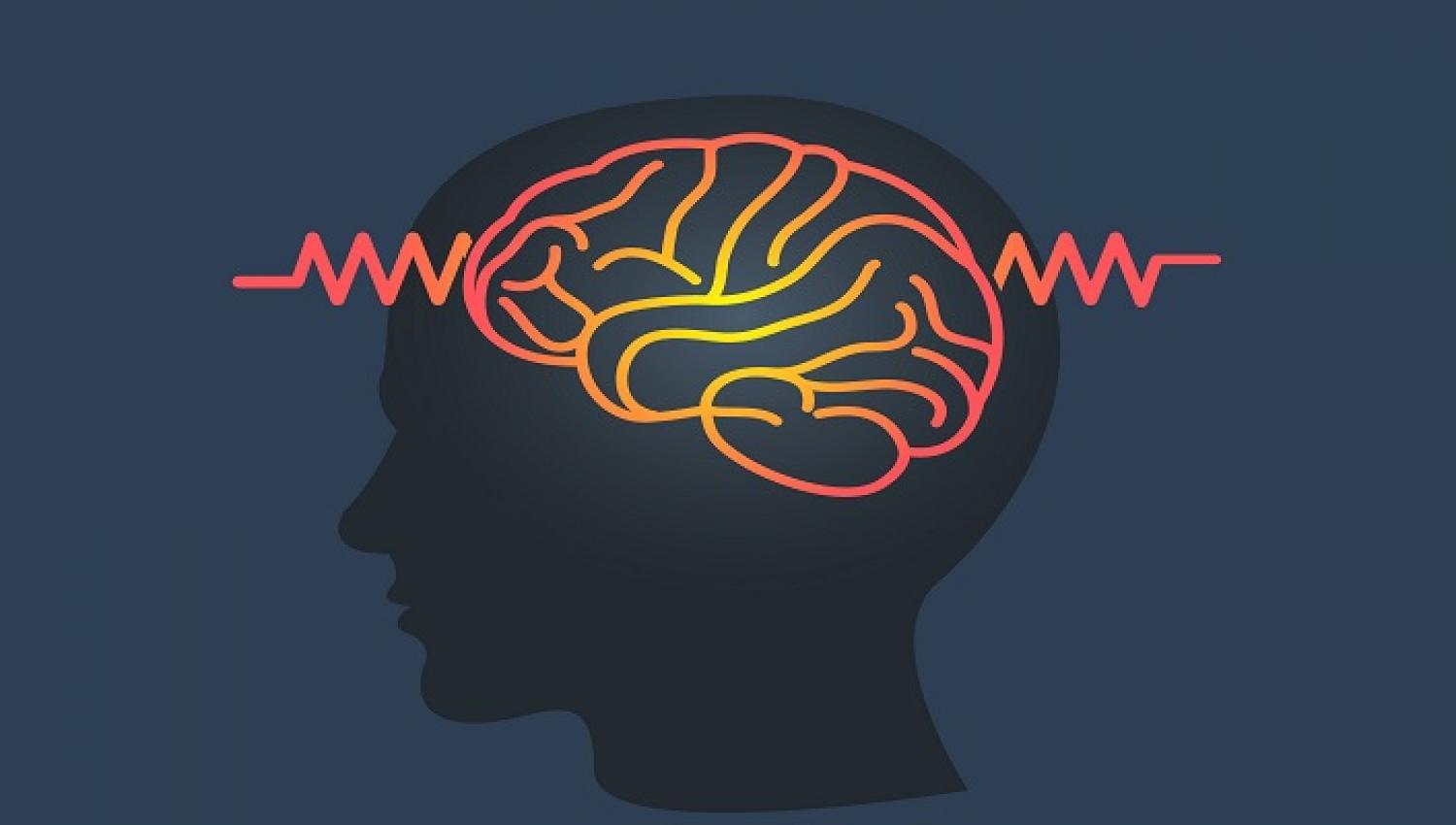Patients with Resistant Epilepsy May Waste Time to Receive Correct Diagnosis
Stating that resistant epilepsy is a serious disease, Prof. Dr. Berrin Aktekin underlined that the treatment should be done in specialized centers. She pointed out the importance of correct diagnosis by saying that patients lose time if the diagnosis is not made correctly with standard tests.
Experts claim that, after cerebral vascular disease and headaches, epilepsy is the most common disease in Turkey. Drawing attention to the fact that epilepsy, a disease characterized by an abnormality in the electrical activity of the brain, can be cured at a rate of 70 percent, Yeditepe University Hospitals Neurology Specialist Prof. Dr. Berrin Aktekin gave important information about the diagnosis and treatment of the disease, stating that approximately 30 percent of epilepsy patients are observed to have resistant epilepsy.
Occurs In 1 Percent of The Population
Saying that epilepsy is a disease that occurs as a result of an abnormality in the electrical activity of the brain, Yeditepe University Hospital Neurology Department Head Prof. Dr. Berrin Aktekin explained: “As a result of the sudden abnormal discharge of neurons, the findings of the region from which that discharge originates, where and how fast it spreads, and clinical symptoms emerge. In Turkey, epilepsy is seen in about 1 percent of the population. It is the most common disease after cerebrovascular diseases and headaches. However, it should not be forgotten that epilepsy is a disease that can be treated. Today, almost 70 percent of the patients can be controlled with the appropriate dose of medication. Thirty percent may become resistant either due to the nature of the disease or some of them due to reasons unknown to this day. Resistant epilepsy is a very important and life-threatening condition".
Patients Can Lose 14-15 Years If Pathology Is Not Detected
Underlining that the concept of resistant epilepsy is also important for neurologists, Prof. Dr. Berrin Aktekin said, “We emphasize the concept of resistant epilepsy. Because patients can waste priceless amounts of time. Patients whose seizures cannot be controlled despite the appropriate drug and dose combination are classified as resistant epilepsy patients. There may be underlying causes such as tumors, hippocampal sclerosis, and cortical dysplasia that cannot be easily detected in standard examinations. Therefore, it is extremely important to monitor resistant epilepsy in centers specialized in epilepsy. If this is not done and pathology cannot be detected with standard tests, patients can lose a period of 14-15 years with drug trials. Time is wasted when treatment could prevent serious damage to the brain, which is difficult to recycle. Even if the patients recover with surgical treatment after the diagnosis is made, it is not easy to compensate for the damages caused by the elapsed time. For this reason, they must be investigated in centers where epilepsy specialists are available, where advanced imaging techniques and advanced EEG (Electroencephalography = EEG-) techniques (such as video-EEG) are available, and where expert teams and techniques are available in the Diagnosis and Treatment of Epilepsy”.
Seen More Often In The Elderly
Pointing out that epilepsy can be observed in elderly people contrary to popular belief, Prof. Dr. Berrin Aktekin said, “Many elderly patients ask 'will they have epilepsy at an advanced age'. In fact, epilepsy is most often seen in two separate periods of life. The first frequent period is seen in children in the first 16 years of life. However, it shows its second frequency in people over the age of 65. Epilepsies can occur in childhood either due to birth trauma or genetic reasons. In advanced ages, epilepsy can occur due to cerebrovascular diseases, tumors, traumas or neurodegenerative diseases such as Alzheimer's and Parkinson's ”.
Watch Out for These Symptoms!
Providing information about the symptoms of epilepsy and resistant epilepsy, Yeditepe University Hospitals Neurology Specialist Prof. Dr. Berrin Aktekin continued his words as follows: “Unfortunately, even our doctor patients only realize that they have epilepsy when they have a generalized, tonic, clonic (grand mal) seizure. However, conditions such as short-term changes in consciousness, behavioral abnormalities, sensory symptoms, vision, taste, smell abnormalities may be symptoms of epilepsy. Many people miss this stage because they are unaware. When the disease progresses or after major seizures that can be injured, they consult a doctor. For this reason, we need to increase public awareness of these symptoms. Epilepsy equals loss of consciousness and it is not a patient who falls to the ground, drooling, with a foaming mouth and spasms. Very short-term spasm, blank stare, strange and meaningless behaviors that have never been observed in that person previously can also be seen. However, these are short-term and temporary symptoms and do not last for a minute. For this reason, most people cannot associate with epilepsy unless it is very common and does not affect daily life. Hence, it is useful to be careful about these changes and to apply to a neurology specialist without wasting time. "
Treatments should be Investigated in Neurology Clinics
Stating that according to the etiology of the disease, some patients can be operated at the first moment they are seen, Prof. Dr. Aktekin said, “As with tumors, some patients may require surgery when epilepsy is seen. But as a general principle, in the first stage, drug treatment is applied primarily. With the appropriate medication, the patient can be made seizure-free around 65 percent of the time. We can recognize some patients from the very beginning, at an early stage. Seizure control cannot be achieved despite appropriate medication. "It should be investigated whether they, too, will benefit from different treatment options such as surgical treatment in neurology clinics where epilepsy specialists and advanced imaging techniques are available."
”





